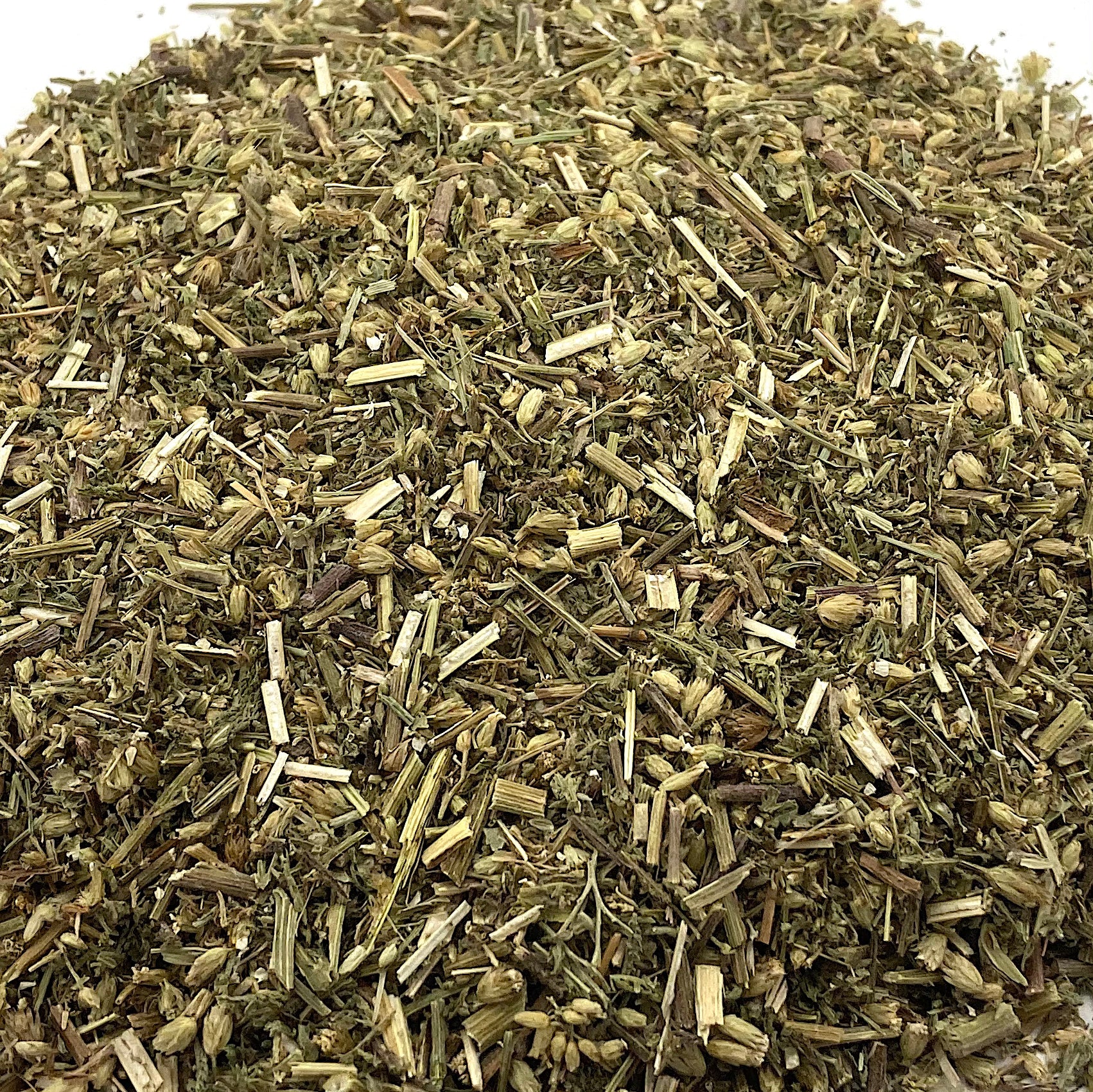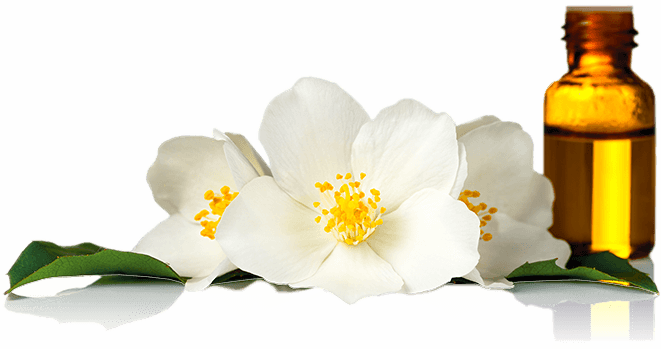Description
USA. Yarrow (Achillea millefolium) Herb in Flower, Cut and Sifted, Certified Organic
Common names: Plumajillo, Herbal Militaris, Gordaldo, Nosebleed Plant, Old Man's Pepper, Devil's Nettle, Dog Daisy, Field Hop, Sanguinary, Bloodwort, Milfoil, Soldier's Woundwort, Stanch Grass, Thousand-leaf, Arman, Aspra, Bhut Kesi, Biranja, Chabu, Gandana, Alcanfor, Green Arrow, Seven Years Love, Ichi Kao, Kutch, Rebrac, Reza, Tu Yi Zhi Hao
Family: Asteraceae
There are many varieties of Yarrow, a small flowering perennial plant native to temperate zones in the Northern Hemisphere. It will typically grow 5 to 8 inches tall, with feather-like leaves and small white flowers. The plant grows in a umbel inflorescence, which means it has an umbrella-like flowering structure with many tiny flowers on it. It has been cultivated for ornamental use and also introduced to some areas as a feed for livestock. Yarrow is a humble herb that can often be found in places where water is abundant, such as by streams or wet fields, although it doesn't like boggy or saturated ground, and can also adapt to drier conditions.
The Latin name for the plant, Achillea millefolium, comes from the mythology of Achilles. This ancient Greek hero was said to have gained invulnerable protection from being dipped in Yarrow tea. Held by his heel while the dipping occurred, the heel was the only place that was not touched by the Yarrow brew, creating the "Achilles heel," meaning a special spot of weakness and vulnerability. Millefolium means "thousand leaves," describing Yarrow's feather-like leaf structure, with each leaf comprised of many tiny leaves.
Traditionally this plant has been used to stop bleeding (as many of its names imply), and makes a great fresh poultice to help with wound healing. Herbalists have used it to counter infection, reduce inflammation and spasms, support lung and liver function, and control anxiety. When used as a tea it can help break a fever by bringing on sweating.
Yarrow is also helpful in a variety of women's ailments. I have used in it a sitz bath after childbirth to help heal tender and sensitive tissues, or as an external wash for wound healing and yeast control. A 2015 clinical trial found Yarrow tea useful for menstrual pain.
Yarrow is very bitter and astringent. Its active components include volatile oils, isovaleric acid, salicylic acid, asparagin, alkaloids, coumarins, sterols, tannins, and flavonoids. It is clearly a powerful plant ally!
*These statements have not been evaluated by the FDA. These products are not intended to diagnose, treat, cure or prevent any disease.









